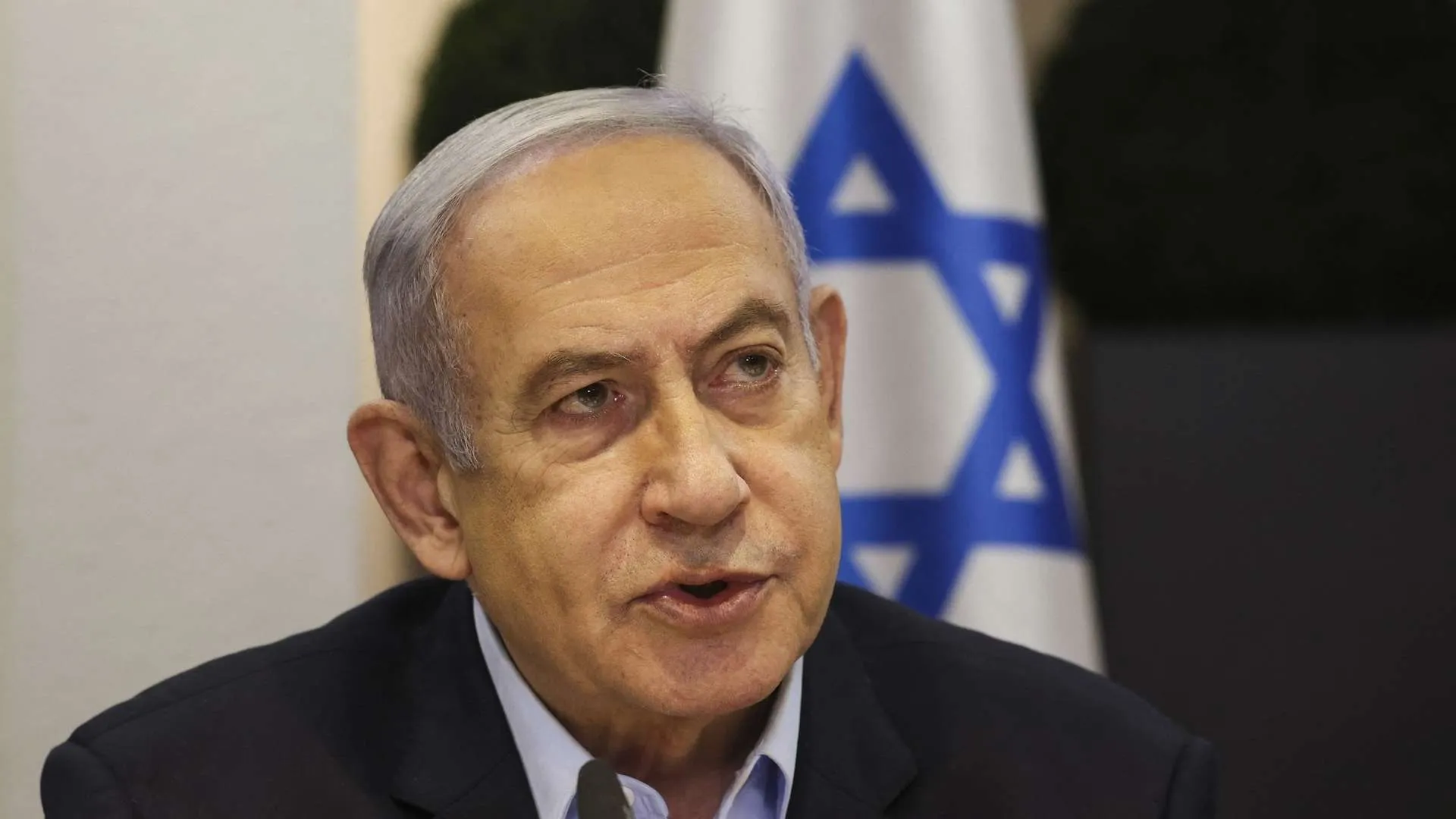The Telangana government has approached the High Court seeking legal action over what it claims is a deliberate attempt to spread false information using artificial intelligence (AI) in the ongoing controversy surrounding land at Kancha Gachibowli. At the same time, the state police have filed cases against several leaders of the Bharat Rashtra Samithi (BRS), accusing them of circulating misleading images and videos on social media platforms.
Sources familiar with the matter said the move came after a high-level review meeting led by Chief Minister A. Revanth Reddy on Saturday. The meeting focused on what the government calls the “real reasons” behind the growing unrest and allegations surrounding the disputed land near the University of Hyderabad.
Police Act Against Alleged AI-Generated Misinformation
As part of the state’s crackdown, police began investigating claims that certain individuals had shared doctored visuals—allegedly made using AI—to falsely portray environmental destruction at Kancha Gachibowli. These images included scenes of forests burning and animals like peacocks and deer fleeing the area.
Among those facing police scrutiny is Manne Krishank, the BRS social media convener. He has been served notices by Gachibowli police and asked to appear before investigators on April 9, 10, and 11. Authorities want him to explain why he posted content that they allege misrepresents the reality on the ground.
According to police officials, cases were officially registered on April 3 against Krishank and other BRS leaders, including Konatham Dileep and Thomas Augustine, based on a complaint filed by B Arundwaj Reddy, a leader of the National Students’ Union of India (NSUI). The leaders have been booked under Sections 353(1)(b), 353(1)(c), and other relevant provisions under the Bharatiya Nyaya Sanhita (BNS).
Government Denies Allegations of Forest Destruction
In its submission to the High Court, the state government strongly denied claims that it had cleared forests across the 400-acre green zone in Kancha Gachibowli or damaged the natural habitat of local wildlife. It argued that the narrative being circulated online was being “manipulated” to provoke public unrest and mislead people.
Senior advocate Menaka Guruswamy, who appeared for the state, told the court, “The Supreme Court is seized of the matter. There is a different point of grave concern. This legal case is being turned into fake news, it is being used to tear apart the social fabric. They show peacocks and deer crossing, forests burning. Fake news is being generated to instil and inspire a certain kind of breakdown of social fabric.”
High Court Responds, Asks for Proper Procedure
However, the High Court pointed out that the state was not officially listed as a petitioner in the ongoing case. The bench advised the state government to submit a counter affidavit if it wanted to make such arguments a part of the legal record.
In response, Guruswamy informed the court that the Telangana police would file a written preliminary report by April 24, which is also the next scheduled hearing in the case.
Case Linked to Disputed Land Transfer for IT Development
The court was hearing two separate petitions challenging the state government’s decision to transfer the Kancha Gachibowli land to the Telangana State Industrial Infrastructure Corporation (TSIIC). The land is reportedly earmarked for the development of information technology infrastructure.
The petitions were filed by Vata Foundation ENPO, an environmental organization, and Kalapala Babu Rao, a retired scientist. Their legal representative, senior counsel S. Niranjan Reddy, argued that the land should be treated as a protected ecological zone and shielded from industrial activity.
Supreme Court Ordered Halt to All Development
Earlier this month, on April 3, the Supreme Court of India took strong note of the environmental concerns and issued an immediate order to stop all development in the area. A bench led by Justice Bhushan R. Gavai expressed concern over reports of widespread tree cutting across hundreds of acres and said, “Until further orders, no activity of any sort, except the protection of trees already existing, shall be undertaken by the state.”
This Supreme Court order remains in place, effectively pausing all ongoing and proposed infrastructure work at the disputed site until the matter is further examined.






















